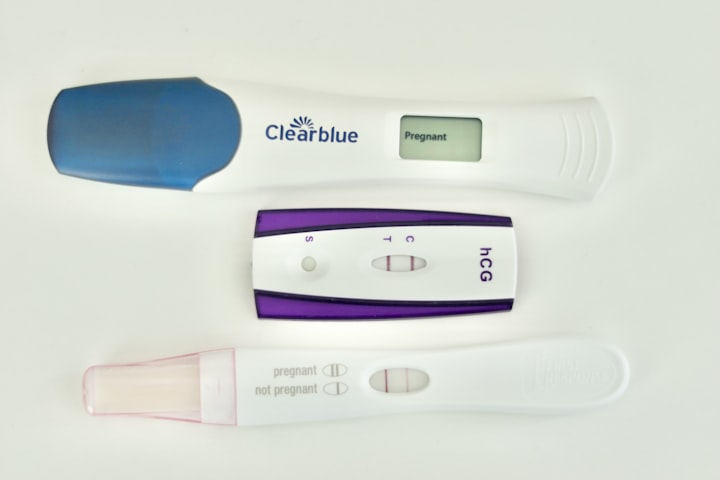
I was almost a statistic.
Over three quarters of a million deadly overdoses have happened since 1999. Overdose deaths grew to a record 93,000 during the COVID-19 pandemic in 2020 alone.
When I was in active addiction, I never thought my experiences would help someone. Turns out it was my experiences that made me uniquely qualified for my job.
I made the decision to become a Certified Peer Support Specialist. After over a decade of active drug use, it was one of the first things I did that was not expressly for myself.
The only requirement to be a PSS, aside from the training, is lived experience with substance use or a mental health diagnosis. I have both. For years I isolated and alienated myself from my loved ones. I lived to use and used to live. By the time I hit my bottom, I was underweight and covered in bruises and found myself committed to the psych ward.
I had to crawl and dig out of the prison of my addiction. It took years before I felt my feet under me again, and when I did finally see that blue sky, I decided to share my arduous journey in the hopes of helping others.
I learned in my twelve-step program that you only keep what you have by giving it away. I had almost three years of sobriety, and a yearning to turn my story into hope.
In the past six months I have met people at various stages of their recovery. Some have more sober years than me. Some are still in active addiction. All of them want an ear to talk to or a shoulder to cry on.
Throughout this journey I have continued to grow. I have learned from my clients at the same time they learn from me. I’ve met a young man who writes beats that rival Kanye’s. I’ve met a woman who cares for her dogs and her cat like they are her children, often going without so they can be fed. I’ve met people that, like me, just need a little encouragement, someone to say, “I’ve been there, and it gets better.”
All of my coworkers are also in recovery, and have a passion for helping others. We get each other. We know that the promises of recovery are real, and seek to instill this in our folks that we work with.
My typical workday starts around 10am. I may take a client to the grocery store, asking open-ended questions to engage with them about their own recovery goals. We may run a series of errands, but in the time that we drive around town I may learn that they have a daughter they haven’t seen in years and want advice about how to reach out now that they have some sobriety under their belt. I may then meet someone for an afternoon twelve-step meeting, acting as a buffer against their social anxiety. Then it’s onto a detox unit to offer a listening ear to someone grappling with staying clean.
Sobriety is hard. It sucks for a long time until it gets better. I used drugs for over 10 years, and for most of those years I wanted to quit. There’s no silver bullet for sobriety, but Peer Support gives me the chance to share my story, to commiserate, to offer hope. I have clients that call me when they are having a bad day, but even more satisfying are the calls that come after a good day, those “I started my new job and I love it” calls, those “I picked up a 60 day chip today” calls.
We addicts and alcoholics in recovery are like an army, tending to our fallen soldiers that are reaching for a hand. These days there are more and more hands reaching up for some sort of rescue, and they are largely forgotten by most of society.
I serve the homeless, those folks you see at the side of the road with a sign, sparing for change. I also serve business men whose spiral took them to detox, losing their family and their jobs. Addiction does not discriminate. The growing affordable housing crisis in the US has added even more roadblocks for helping folks find their footing. I spend a lot of time helping to fill out housing applications for apartments that have a waiting list a mile long.
We are on the front lines of the Opioid epidemic and see its consequences first hand. COVID 19 has exasperated our efforts. There is a high turnover rate for Peer Support Specialist because it is tough.
Recovery is tough.
But our team is tougher. It’s made up of people who no one thought had a chance to get out of our cage. But we made it, and we have a map.
About the Creator
Maxx Ohm
A young(ish) bohemian who some how found themselves in the wooded expanse of central North Carolina, whose mid-western roots keeps them polite while shaking things up.






Comments
There are no comments for this story
Be the first to respond and start the conversation.